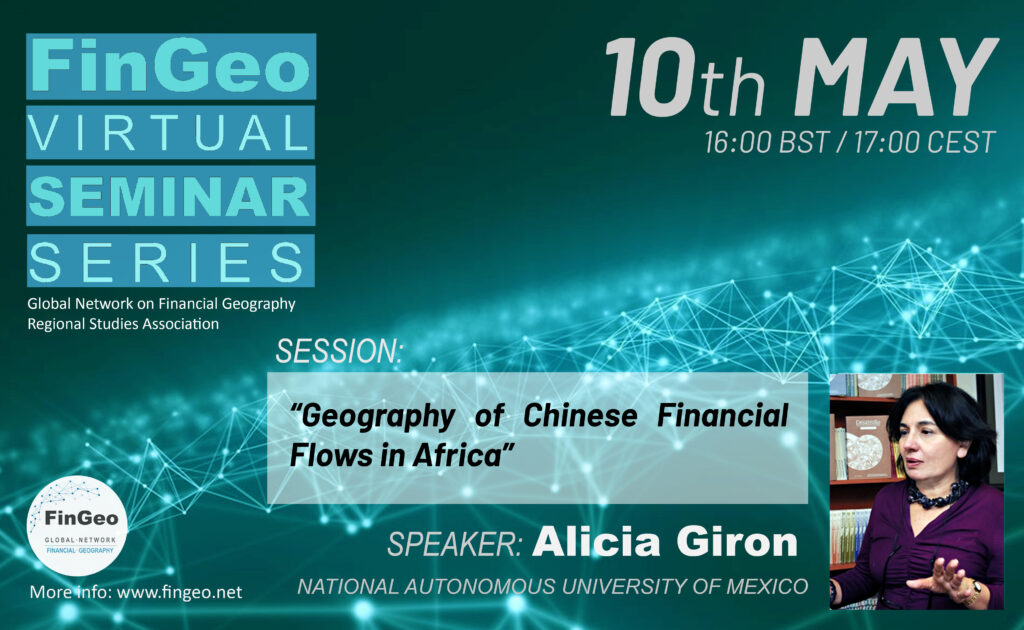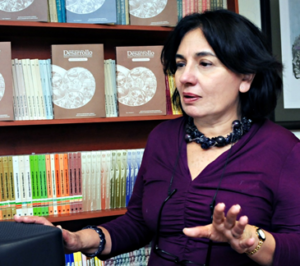
The objective of this research is to deepen the relationship between Chinese creditors and companies with African states. The hypothesis that is trying to be demonstrated is how behind the veil of economic development there are the “haute finances” headed by the ‘shareholders’ and ‘stakeholders’ of the financial corporations in a deregulated market, a mention developed by Polanyi in his book The Great Transformation ( 1944). On the other hand, the South-South cooperation led by China as a result of the economic and financial reforms undertaken by Deng Xiaoping affected a ‘Big Government’ and a ‘Big Bank’ (Minsky, 1986) strengthening Chinese banks and public companies through a close relationship between government, companies and the Central Bank of the People’s Republic of China.
The significant advance of corporate financial capital made possible an economic development that reached double digits of the GDP growth of the Chinese economy prior to the Great International Financial Crisis (GCFI). As of 2008-2009, the economic development model was reconsidered; Firstly, it is based on a policy of ‘full employment’ in infrastructure, digital economy and non-renewable resources; secondly, the export model based on the export of manufactures is reflected in the Silk Road (Belt Road Initiative, BRI) headed by Xi Jinping as of 2013. Although, at the beginning of the third decade, the presence of China as the second world power was a fait accompli, the development of its economy in the pandemic confirms China as an economic power. The conclusion to be reached in this work is to question the existing relationship of South-South cooperation between China and Africa.
There are several questions that arise at work. What is behind South-South Cooperation and who leads it? What role does China play in economic aid and health diplomacy? Who are the winners of the Silk Road? the loans granted and the investments of Chinese companies in Africa? Where will the close relationship between African countries and China be channeled? Are we facing a new imperialism of Chinese financial capital?
Speaker: Alicia Giron, National Autonomous University of Mexico, Mexico

Coordinator of the University Program of Asian and African Studies (PUEAA) since May 2017 and Coordinator of the Asian Studies Seminar (2014 – 2017); researcher of the Economic Research Institute (IIEc). Bachelor’s degree in Economics from the Faculty of Economics; Master’s and Ph.D. in Latin American Studies from the Faculty of Political and Social Sciences, and Tutor of the Postgraduate Program in Economics, Latin American, and Administrative Sciences at UNAM. Her main research topics are financial economics, particularly related to economic cycles, financial crises, sovereign debt, and financial systems. She has research related to gender economics and its relationship with financial circuits at macroeconomic and microeconomic levels. Director of the IIEc (1994 – 2002) and Editor of “Problemas del desarrollo”, Latin American economics magazine (2010 – 2018); member of the National Research System level III and winner of the “Universidad Nacional” award of the Economic-Administrative Sciences (2010). She has coordinated over 30 books and participated with more than 100 book chapters and articles for national and international magazines. President of the International Association for Feminist Economics (IAFFE) (2015-2016) and member of the High-Level Panel on Women’s Economic Empowerment of the United Nations (2016 – 2017).
Register aqui.
